Don't get me wrong, it's not that I lack experience in marriage -- just ask my eighth wife! In fact, it wasn't until I married Cindi that it dawned on me how similar marriage is to playing doubles in tennis.
Below are my tennis doubles tips and strategies on how to increase your odds of creating a winning doubles team -- both on the court and off.
In 1978, Nick Bollettieri founded the IMG Bollettieri Tennis Academy, the first full-time tennis boarding school to combine intense training on the court with a custom-designed academic curriculum. He has coached 10 players who have reached No. 1 in the world, including Andre Agassi, Boris Becker and Martina Hingis. To learn more, visit IMGAcademies.com.
Tip #1: Be certain when committing.
1 of 8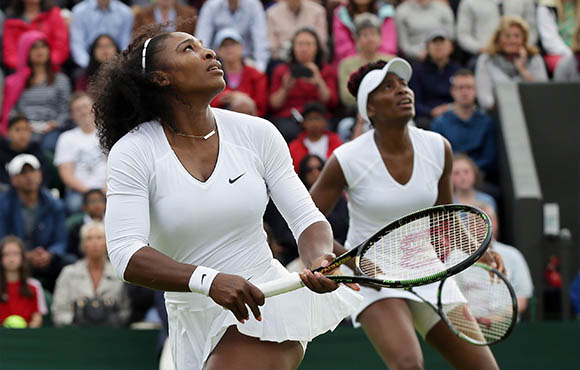
Don't commit to a doubles partnership until you are certain your combination is the best fit for both of you (I learned this lesson the hard and expensive way off the court!).
Tip #2: Study and emulate the pros.
2 of 8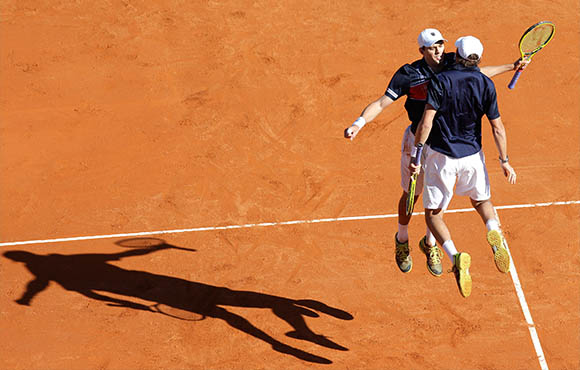
Max Mirnyi is one of the greatest doubles players on the tour. Watch Max in action and you will immediately pick up the following key elements of his game:
- Constant communication (the single biggest weapon for doubles players)
- Supporting each other (willingness to forgive quickly - for your mistakes and your partner's)
- Adjusting positions especially on serve and return of serve
- Recognizing the strengths and weaknesses of each player
Tip #3: Choose complimentary styles of play.
3 of 8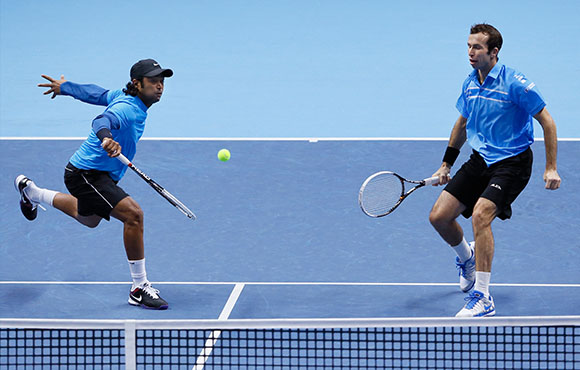
Create a team where the players compliment -- not compete against -- each other. For example, if one is a big server, choose a partner who is a big returner or an aggressive volleyer.
Remember that great mens and womens singles players don't always make great doubles players.
Tip #4: Consider personality traits.
4 of 8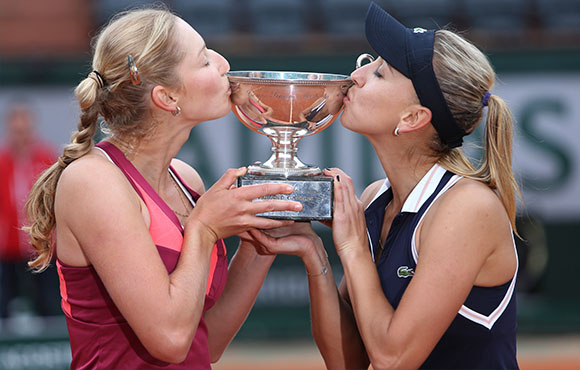
A team can have all of the talent and weapons in the world, but if they are not playing "together" and supporting each other, especially after blowing a big point, any success as a doubles team will be limited and short lived.
Great doubles players are capable of thinking in terms of "team" versus "self" -- not a skill common in tennis players (or men, according to several of my ex-wives!).
Tip #5: Constantly seek self-improvement.
5 of 8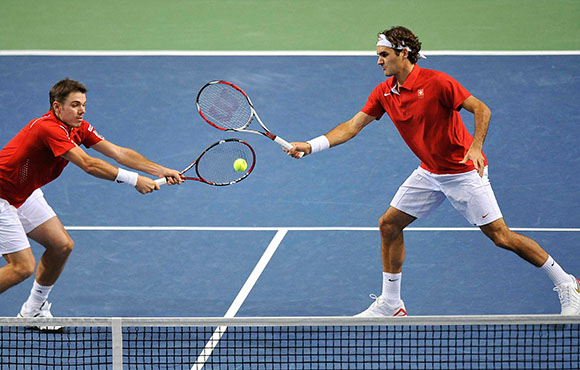
We all tend to gravitate towards our strengths and often plateau as a player because we stop working on improving our weaknesses. This is especially true with doubles players as they become dependent on their partners to come to their "rescue."
This is a dangerous position for any doubles team to put themselves in on several levels, the most important of which is one partner may eventually tire of "carrying" the majority of the burden of the team and will most likely seek out a new partner more dedicated to continuous self-improvement.
Although each player will have their strengths, in order to be the best doubles team possible, each player must constantly be working on their own weaknesses.
As the old saying goes, a chain is only as strong as its weakest link. It won't take long for your opponents to locate your weaknesses and formulate strategies to them. Make sure your chain is as strong as it possibly can be and then strengthen it even more.
Tip #6: Know the nature of the beast.
6 of 8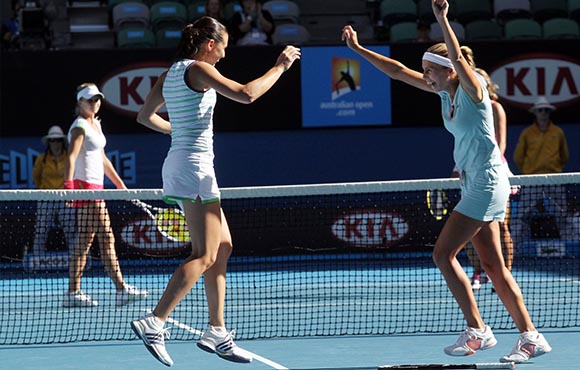
Doubles play is a very different animal than singles. There are also differences at the various levels of doubles play.
In pro doubles, most of the intense action is down the center of the court. Whereas on a club level, the action tends to be more on the outsides of the court.
If you have a strong forehand and weak backhand at the club level, playing the deuce side will be more effective. If you play the ad side, you won't have the same opportunities.
Diversity in weapons and flexibility in style of play are essential to success in the doubles game.
Tip #7: There is no "easy" side of play.
7 of 8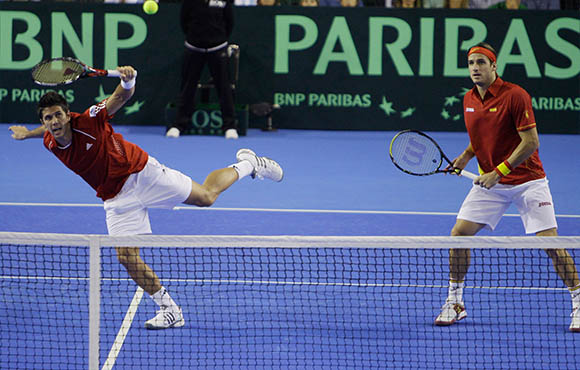
If you are offered the "easy" side of play by your partner, respectfully decline. They are most likely referring to the deuce side.
Just remember that one of the most difficult shots in both doubles and singles is the inside-out backhand return of serve, and it's equally difficult during a baseline rally.
Hold on to any partner that volunteers to play the deuce side -- they are worth their weight in gold.

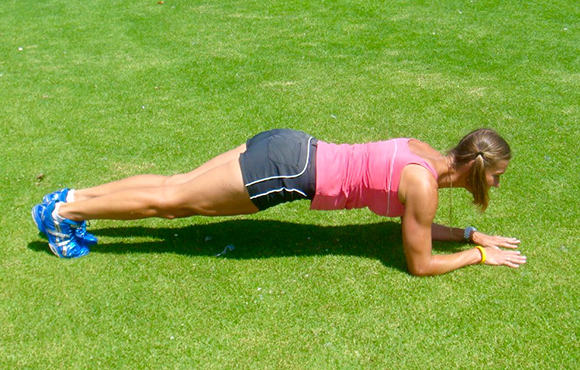
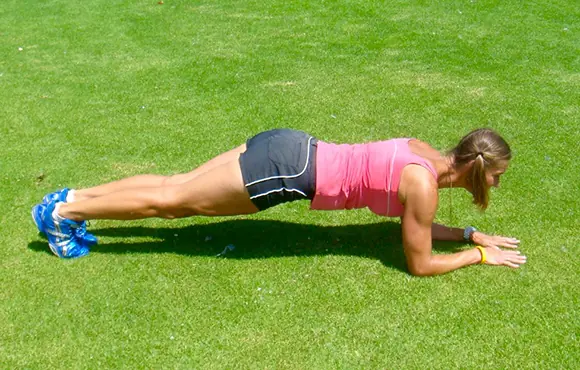
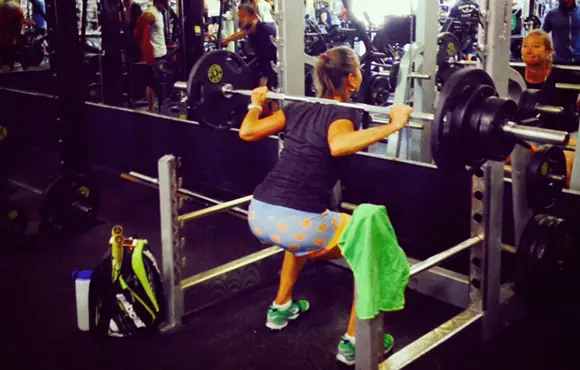
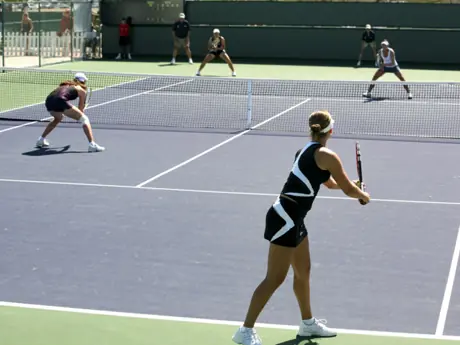
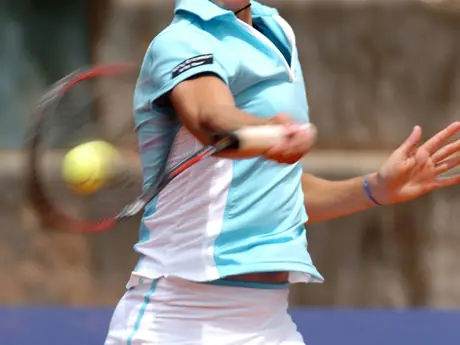

Discuss This Article